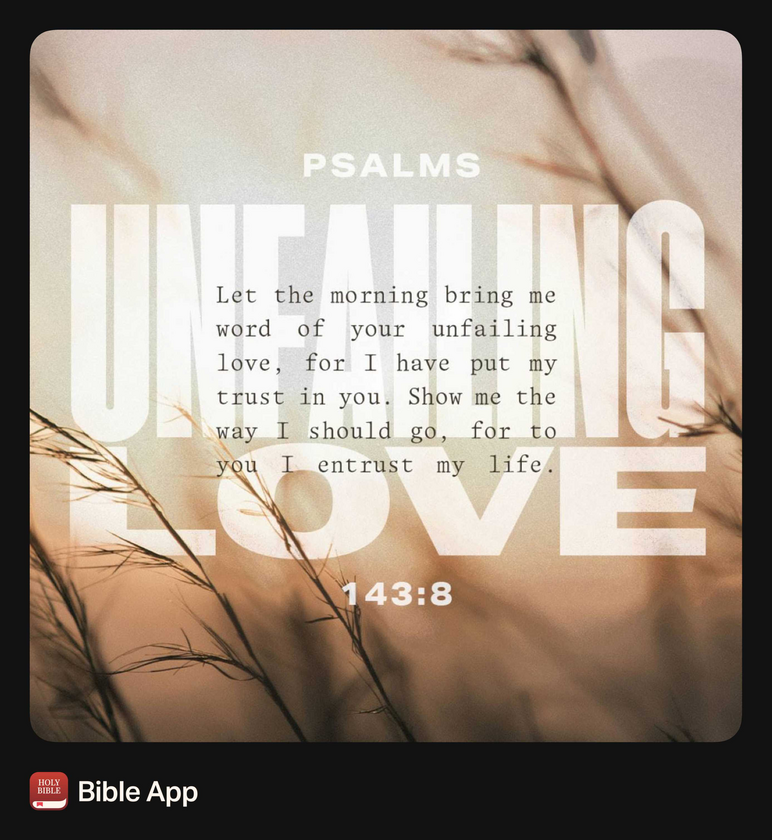I will share about Christian books I have read or listened to.
I will be sharing about my life before and after Christ. I will include stories about my pet and other pets I have encountered.
What Really Matters
God designed our hearts and our brains—our emotions and our intellect—to work together.
For example, when we love someone, we’re compelled to know them on a deeper level. And as we uncover their passions and their heartaches and what makes them tick, we are often compelled into an even deeper kind of love.
When the apostle Paul was writing to the believers in Philippi (a city in Greece) he gave them this charge:
“I pray that your love will overflow more and more, and that you will keep on growing in knowledge and understanding. For I want you to understand what really matters, so that you may live pure and blameless lives until the day of Christ’s return.”
Philippians 1:9-10 NLT
No one wants to waste their time, their energy, or their one precious life. But when we understand what’s important—knowing and loving God, knowing and loving people—we can choose to spend our lives on what matters most.
So what did Paul want for the Philippians?
Paul longed for their love to be evident while their knowledge continued to grow; for a life of love to be cultivated while understanding continued to flourish.
The Bible teaches that knowledge of God is true understanding (Proverbs 9:10) and that the most important commandment is to love God and love people (Matthew 22:37-40). And we gain insights about God’s character by studying His Word, learning from His creation, and living with love.
As we love God with our hearts and minds, lean into knowledge and faith, and embrace truth and grace, we can experience a more complete picture of God’s beautiful plan.
We can shine light into an increasingly dark world. We can add vision, clarity, and meaning to whatever circles we frequent. We can be known for loving our Creator and loving the people around us. We can live God-honoring lives until the day we meet our Savior face to face.
Morning Mercies
Each morning, when the sun pours over the horizon, you have an opportunity.
David—who held many titles throughout his lifetime: shepherd, warrior, giant-slayer, King of Israel, and a man after God’s own heart—said it like this when he was talking to God:
“Let me hear of your unfailing love each morning, for I am trusting you. Show me where to walk, for I give myself to you.”
Psalms 143:8 NLT
David recognized that each day was an opportunity…
TO HEAR OF GOD'S UNFAILING LOVE. His mercies are new every morning (Lamentations 3:23) and His love endures forever (Psalm 118:2). But sometimes, we forget. Most times, we need to be reminded. Just as winter can’t be stopped from blooming into spring, we can’t stop the mercies of a brand new day.
TO TRUST HIM AGAIN. God is good, constant, faithful, merciful, honest, loving, unlimited, all-powerful, and the source of everything that exists. In fact, He can’t not be those things! No matter what we’re ...















